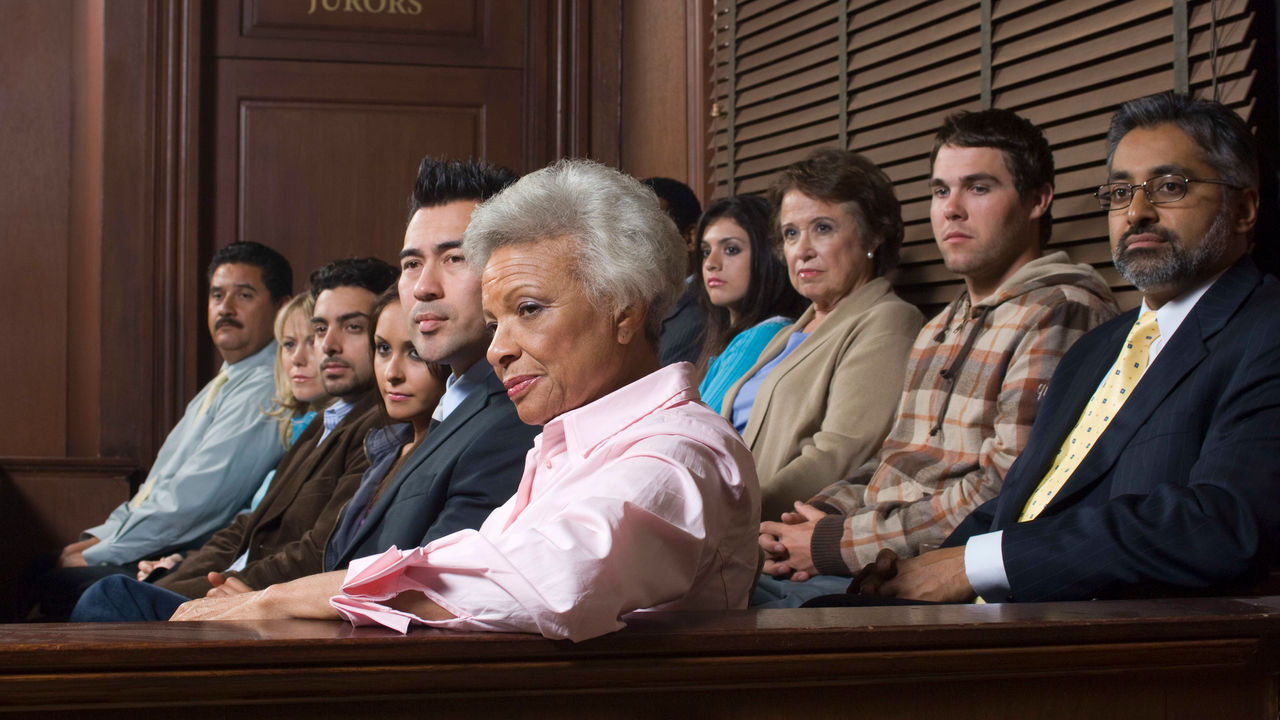This article was sourced from shrm.org
I was recently at a dinner where the discussion turned to all the litigation that has been in the news lately. Shortly thereafter, the conversation became a complaint session about the inconvenience of jury duty. The dinner guests then began sharing their best strategies for delaying—or avoiding—appearing for jury duty, followed by what to say to make sure you don’t get picked for a jury. As the only lawyer at the table, I felt the need to argue on behalf of jury duty and how important it is for our entire judicial system.
Since most of the guests were business executives and included some HR professionals, I made my case by explaining how difficult it can be to defend employment-related claims, given that a manager accused of violating the law rarely gets a jury of their peers. This is because most of the manager’s peers—the people around that table—do everything possible to avoid serving on a jury. As a result, juries are primarily composed of unemployed individuals (at least some of whom were fired by a manager like the defendant), retirees and government employees. Not exactly a favorable jury pool for any employer. I strongly encouraged the other guests to do their civic duty and proudly serve on a jury the next time they are called.
As fate would have it, two days later, I received a summons for jury duty. My wife took great pleasure in this, having seen me on my soapbox just a few nights before. After my plea to my dinner companions, I knew that I had no choice but to go—without complaint or any effort to delay fulfilling my obligation.
It had been a while since I was called for jury duty—before the COVID-19 pandemic, in fact. After sitting in the jurors’ waiting room for a couple of hours, I was called to a courtroom for a possible four-week murder trial. While I wasn’t selected, the experience gave me the opportunity to reflect on the fact that the fate of the accused would not be decided by the judge, the district attorney or the police—but the 12 people ultimately chosen to serve on the jury.
This is an incredible responsibility and an incredible power that the citizens of this country possess, and something employers could do a better job supporting and perhaps even encouraging.
Supreme Court Justices’ View
Even as ideologically divided as the U.S. Supreme Court has been in recent years, its justices consistently have agreed on the importance of citizen jurors.
According to Justice Sonia Sotomayor, a member of the liberal wing of the court, “The right to trial by jury has been called the ‘crown jewel’ of our system of justice. Juries represent the lay citizen’s voice in the legal process and serve as a critical check on the powerful.”
Former Justice Antonin Scalia, who was a member of the conservative wing, agreed when he wrote, “The civil jury is an indispensable guardian of liberty” under the U.S. Constitution.
Employers’ Role
But do employers recognize the importance? Most organizations have policies granting leave for jury duty, the specifics of which can vary based on applicable state laws. But most private-sector companies provide only the minimum leave required by law, and few organizations encourage employees to serve on a jury.
I certainly understand why—productivity can be impacted any time an employee is absent, especially a member of the leadership team. Granting paid time off to serve on a jury can have financial ramifications for the organization.
However, when you compare these concerns against the value juries serve in our criminal and civil justice systems, it really isn’t even close. And if juries reflected the entire working community, including managers and supervisors, we might see verdicts in employment law cases that better demonstrate an understanding of the issues and challenges that employers face.
Further, I believe that workers would genuinely appreciate that their employer doesn’t just allow them to serve on a jury—often without pay or with pay for just a few days—it encourages them to do so. It is this kind of social conscience that many employees are looking for in an employer. In the battle for talent that employers face today, providing a small benefit like this can say a lot about the organization and be a differentiator in recruiting and retention.
In addition, serving on a jury can be great training for your employees in terms of critical thinking, group problem solving and dealing with others.
HR’s Unique Position
HR professionals are in a unique position to advocate for encouraging jury duty. They understand the policies, the challenges in recruiting and retention, and the importance of culture.
Some will say that employees already have too much paid time off, but I would argue that jury duty really isn’t “time off”—it’s time to serve. Those who sit on juries protect not only our system of justice but our very way of life—and in these unsettled times, that is a very important responsibility.


